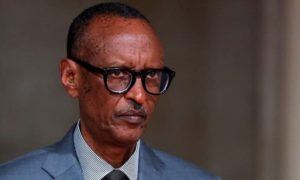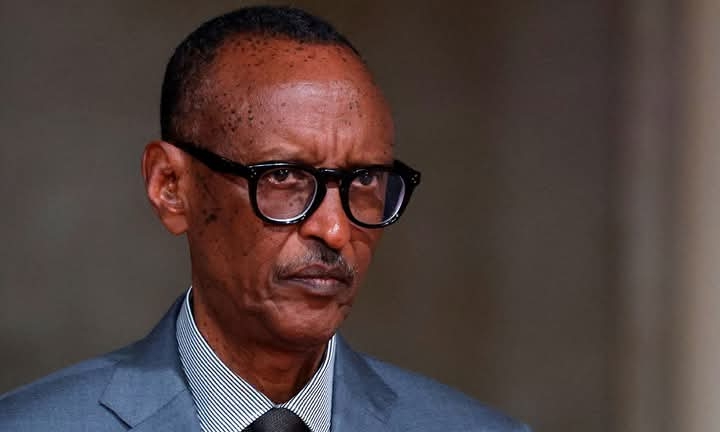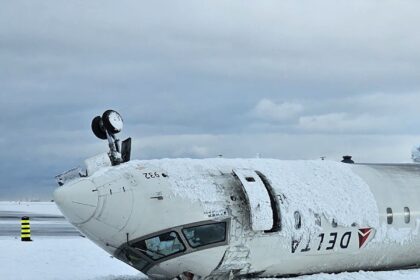
By Adeyemi Adekunle
In a country known for its resilience and transformative growth, a bold announcement on Wednesday sparked waves of excitement and speculation, before quickly being dialed back. Rwanda’s leaders had claimed that they had found oil reserves beneath Lake Kivu, but a later statement clarified that the discovery was still in its early stages, and the country remains deep in the exploratory phase.
The hopeful declaration came during a parliamentary session when Francis Kamanzi, the Chief Executive of the Rwanda Mines, Petroleum, and Gas Board (RMB), told lawmakers, “The good news is that we have oil.” The optimism rippled through the nation—could this be the breakthrough that would change the economic trajectory of one of Africa’s fastest-growing economies? But within hours, the RMB sought to temper the excitement, explaining that the seismic surveys had only identified potential pockets for further exploration.
“While it’s still too early to be sure, the possibility is very real,” Kamanzi said in the later statement. A seismic survey of Lake Kivu—shared by both Rwanda and the Democratic Republic of Congo (DRC)—had detected 13 possible drilling sites, raising hopes that oil might exist beneath the serene waters. But finding hydrocarbons in such structural pockets would require much more testing, drilling, and the securing of international partners for investment.
For the people of Rwanda, this news represents both a tantalizing glimpse at a wealth many have only dreamed of and a cautionary tale of tempered ambition. In a land still scarred by its 1994 genocide and now overcoming challenges of rapid urbanization and rural poverty, the thought of striking oil stirs visions of energy independence, a booming job market, and revenues that could fund everything from better roads to stronger healthcare.
Yet, the stakes are high. The Great Lakes region, including Rwanda’s neighbors Uganda and DRC, has experienced immense political tension over natural resources. Although Uganda has begun extracting oil, and the DRC is believed to hold vast untapped reserves, Rwanda must tread carefully in this shared landscape.
For the country’s citizens, the news of possible oil has quickly captured hearts and imaginations. Imagine what could be: jobs in a growing energy sector, foreign investment, and an energy-rich future. “This could be Rwanda’s path to true development,” said Odette, a Kigali resident. “We’ve already done so much with limited resources—why not go further?”
However, despite the hopes, there are cautionary voices as well. Across Rwanda, as in any emerging market, the news has also prompted fears that things could spiral in the wrong direction, much like some of its neighbors who have seen resources lead to mismanagement, exploitation, or worse—conflict. “It’s a dangerous game,” admitted Jean-Paul, a local businessman. “We need to ensure that if it’s true, it’s handled properly, not just for today but for future generations. This needs to work for us all, not just a few.”
Rwanda has already proved it can harness its resources, like methane from Lake Kivu, for energy production, but oil extraction is an entirely different beast. It’s a long, complex, and costly process that requires expertise, solid infrastructure, and, above all, transparency and accountability to prevent the so-called “resource curse” from taking root.
Despite the unknowns, the prospect is undeniable. Rwanda’s young population, eager for progress, eagerly watches as the possibility unfolds, looking for signs that their country could leap into a new chapter of prosperity.
In communities like those surrounding Lake Kivu, hopes rise as they await what may come. “We’ve seen how quickly the world can change,” said Yvonne, a farmer who lives near the lake. “Today, we have oil dreams; tomorrow, we hope for jobs, better schools, and a brighter future for our children.”
For Rwanda, the oil excitement might be premature, but it’s clear that the hope it sparked isn’t easily extinguished. Whether or not the oil is truly there will take years to verify, but in the hearts of many Rwandans, the possibility is a spark they will keep alive.




